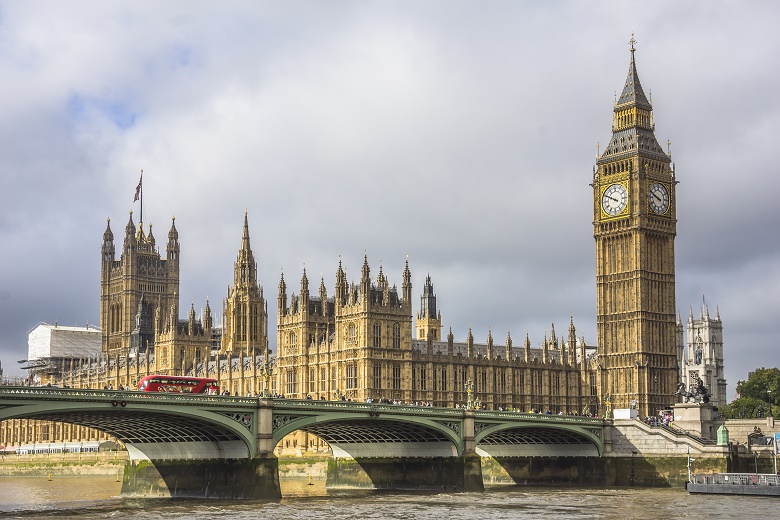
Experts warn UK governments of poor transparency around procurement of goods and services, echoing concerns in Australia.
The UK Government should introduce unique open identifiers for buyers, sellers and contracts as well as new standards governing registrars in order to tackle the poor quality of data on government procurement and outsourcing.
That’s according to the leading British think tank, the Institute for Government, which has found that most tenders and contract award notices were not listed on the government’s own procurement portal.
In a new analysis released in December the institute found that government in the UK spends £284 billion annually on buying goods and services from external suppliers, amounting to a third of all public expenditure.
The UK has seen an “increasingly vigorous debate” about the supply of public services and functions traditionally provided by the public sector, the analysis notes.
The collapse of Carillion, one of the largest government contractors, in January last year led to questions around the quality of government supervision and whether public services are adequately prepared from a failure by a supplier, the authors say.
Poor data
Alarmingly, the researchers found that most tenders and contract award notices were not published on Contracts Finder, the central portal for government procurement.
Only 39 per cent of tenders and less than 30 per cent of award notices for contracts agreed by government were published on the portal, the analysis found.
They note that when Carillion went into liquidation it was possible to find just 28 contract award notices for the firm despite it having an estimated 450 public sector contracts.
The UK findings echo the concerns of some Australian analysts who have flagged issues with the Commonwealth’s AusTender repository.
Danielle Wood, an economic analyst at independent think tank the Grattan Institute, told Government News last year that the figures were “ropy” and departments were not being consistent in using the consulting flag on the platform.
The UK researchers note that the May Government is analysing the problem, monitoring publication compliance and in some cases supporting departments to “bulk upload” missing items.
However, they called on the government to introduce new measures to improve transparency, including the use of unique open identifiers and common standards for registers.
They also recommended the publication threshold for monthly spend data from national government agencies be lowered from £25,000 to £500 and that agencies report annually on the level of competition for contract opportunities, including among small enterprises.
Spend with major companies
Mirroring the apparent concentration of government work among top-tier firms in Australia, the UK analysis found that so-called strategic suppliers are winning an increasing share of government contracts.
The proportion of national government procurement spend on 25 strategic suppliers increased from 13 per cent in 2012-13 to 18 per cent in 2016-17, the analysis found.
For five national government departments, spending with the strategic suppliers accounted for more than a third of published procurement spend, the report said.
By comparison, the proportion of government contract income received by charities and social enterprises was largely unchanged from 2008-09 to 2014-15, the analysis shows.
Elsewhere, the report also details the huge variation across departments in terms of spending on external suppliers. Some 82 per cent of the national government’s procurement spend (£112 billion) was dominated by just four departments – health and social care, defence, transport and education.
While procurement represented half of the total expenditure in the departments of justice, transport, international trade and environment in 2017-18, it accounted for less than 10 per cent in six departments including housing, revenue and business.
Australian concerns
The new UK analysis comes amidst mounting disquiet over the Commonwealth’s spend on external consultants. In 2017 the national auditor revealed the Federal Government had spent $47.4 billion in 2016–17 on outside advice.
A parliamentary inquiry into government procurement contract reporting has been hearing concerns about the lack of transparency and accountability in the outsourcing of government work.
Separately, the landmark review in the Australian Public Service, is currently probing the impact of outsourcing on the services’ long-term capacity.
Comment below to have your say on this story.
If you have a news story or tip-off, get in touch at editorial@governmentnews.com.au.
Sign up to the Government News newsletter.
Comment below to have your say on this story.
If you have a news story or tip-off, get in touch at editorial@governmentnews.com.au.
Sign up to the Government News newsletter




